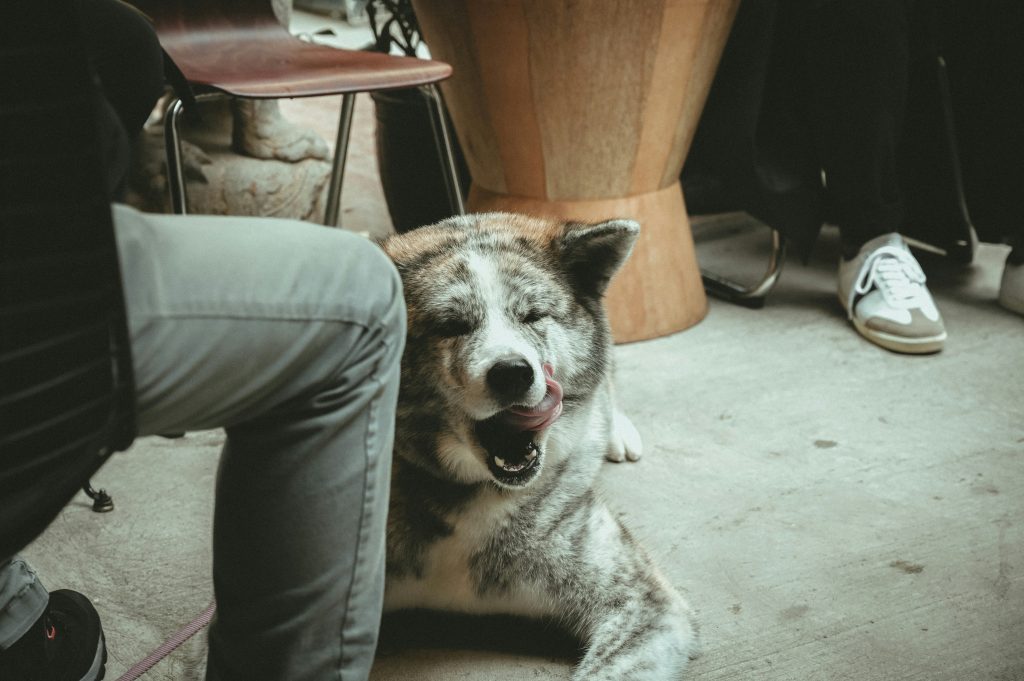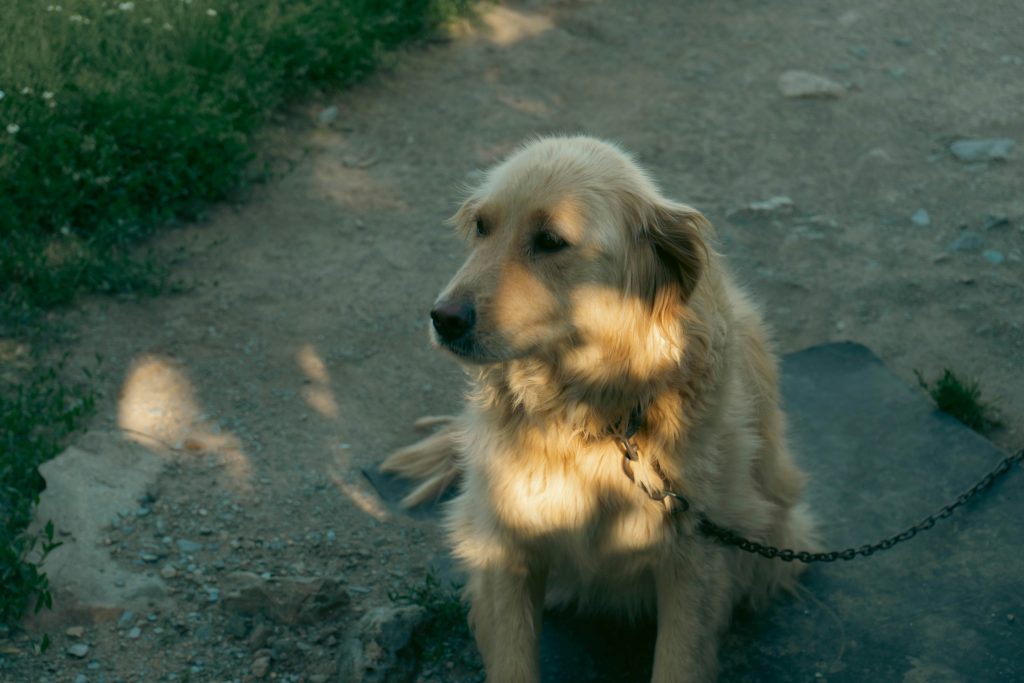The day you brought your puppy home, it was just a tiny, soft little ball curled up in your arms. In its eyes, you saw innocence, trust, and a hint of fear. From that very moment, you became its whole world.Time never speaks, yet it quietly steals away their youth.Your dog used to run like the wind, leaping into your arms the moment you called. Now, its steps are slower, and that sparkle in its eyes is starting to fade.Have you ever had that moment—when it suddenly hits you: My dog is getting old.Dogs don’t live very long to begin with. So if you notice any of the following changes in your pup, it could mean they’ve truly started to age.Don’t wait for “someday” to spend more time with them—because the day they need you the most… might be today.
1. Their Teeth Are Failing, and They Eat Much More Slowly
They used to snatch food faster than anyone else—but now? They chew and chew, sometimes taking forever just for one bite. Sometimes they don’t even eat at all. You might think they’ve suddenly become picky eaters, but that’s not it—their teeth are loose, or maybe even missing.Crunchy food hurts. So they nibble carefully, silently enduring the discomfort.This isn’t a loss of appetite—it’s aging.Try switching to softer food or breaking their meals into smaller pieces. Brushing their teeth occasionally can also bring them some much-needed relief.
2. They Can’t Run Like Before—Even Climbing Stairs Makes Them Tremble
Remember how they used to dash ahead during walks? Now, they lag behind, panting just from walking a short distance. It’s not laziness—it’s weak joints and tired legs.You can consider giving them joint supplements and choosing flat, gentle paths for walks.Don’t push them—but don’t ignore them either. Gentle support is key.
3. You Call Their Name, and They Ignore You? They May Not Hear You Anymore
They’re not being stubborn—they really might not be able to hear you.As dogs age, their hearing and vision naturally decline. Sometimes, they don’t even realize you’ve come home until you’re standing right in front of them.They’re not being slow on purpose—it’s just part of getting older.What they need most now is a gentle touch, your quiet company, and the comfort of simply being close—even in silence.

4. Suddenly “Breaking the Rules”—Potty Accidents Are Happening More Often
They used to be perfectly house-trained, going at the same time and place every day. But lately? Accidents are happening, and you’re frustrated, thinking they’ve forgotten everything they were taught.In reality, older dogs often lose control over their bladder and bowels.Some may even be showing early signs of canine dementia.Scolding won’t help—it’ll only scare and confuse them more.Instead, try creating a designated indoor potty area, watch their patterns more closely, and consider a vet check if the issue worsens.
5. They’ve Suddenly Gained or Lost a Lot of Weight
As dogs age, their metabolism slows down.They may gain weight even if they don’t eat much—or lose weight quickly even though they’re eating plenty.This isn’t just a diet issue—it could signal a hormonal imbalance, like thyroid problems.Maintaining a healthy weight and balanced nutrition is crucial.Big weight changes shouldn’t be ignored. Don’t let them get too heavy—or too thin.
6. Their Coat Loses Shine, and Hair Falls Out More
You’ll notice their once-silky fur feels dry and brittle now. The color may fade, and white hairs begin to show. Shedding increases, too.This is normal in aging dogs—but you can help.Feed them foods rich in protein and vitamins, and brush their coat regularly—not just to keep them pretty, but to make them feel comfortable and cared for.
7. They Sleep More, Play Less, and Lack Energy
They used to get excited just hearing you pick up the leash.Now, they barely lift their head before drifting back to sleep.This is their body telling you—they’re just too tired to keep up like before.
Don’t push them. Don’t guilt them into playing.Sometimes, just sitting quietly by their side as they nap is the best gift you can give.

8. They’re More Sensitive to Cold and Seek Warmth Constantly
As winter approaches, they tend to curl up in sunny corners or stick close to the heater, reluctant to move.Their fur and body fat are no longer enough to keep them warm.Help them out—set up a cozy bed with thick padding, and make sure they stay warm through the night.Their comfort is in your hands now more than ever.
When a Dog Grows Old, It’s Not a Disease—It’s Just Entering Another Stage of LifeYour dog growing old isn’t an illness. It’s simply stepping into a new chapter of life.It’s still the same pup you once brought home in your arms—just now, it needs you even more.Don’t wait until the day it’s gone to regret not spending enough time with it.If you’ve already noticed your dog showing three, four, or even more of the signs we mentioned, then please—from today on—treat it a little better.Hold it more often. Sit with it under the sun. Be a bit more patient.Let it feel that it hasn’t been forgotten, that it is still your most cherished family member.Don’t let it grow old in loneliness.

